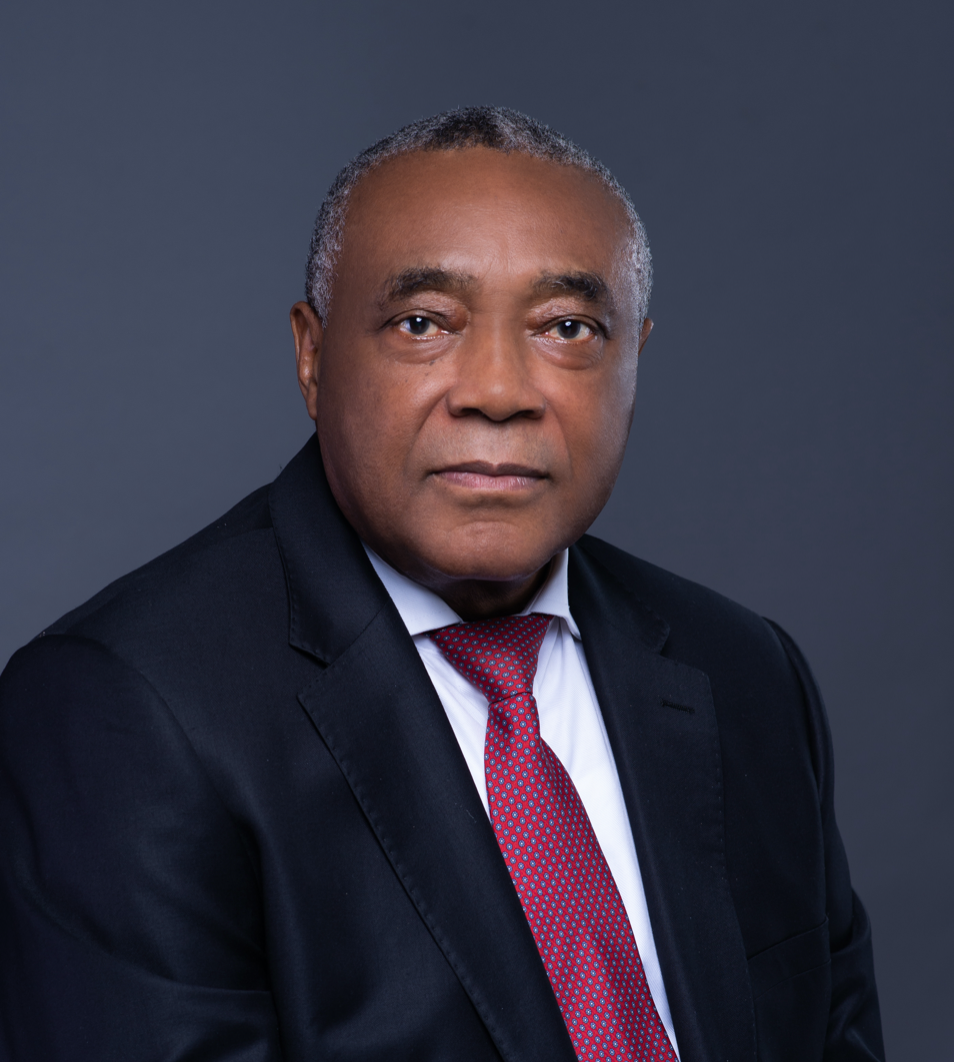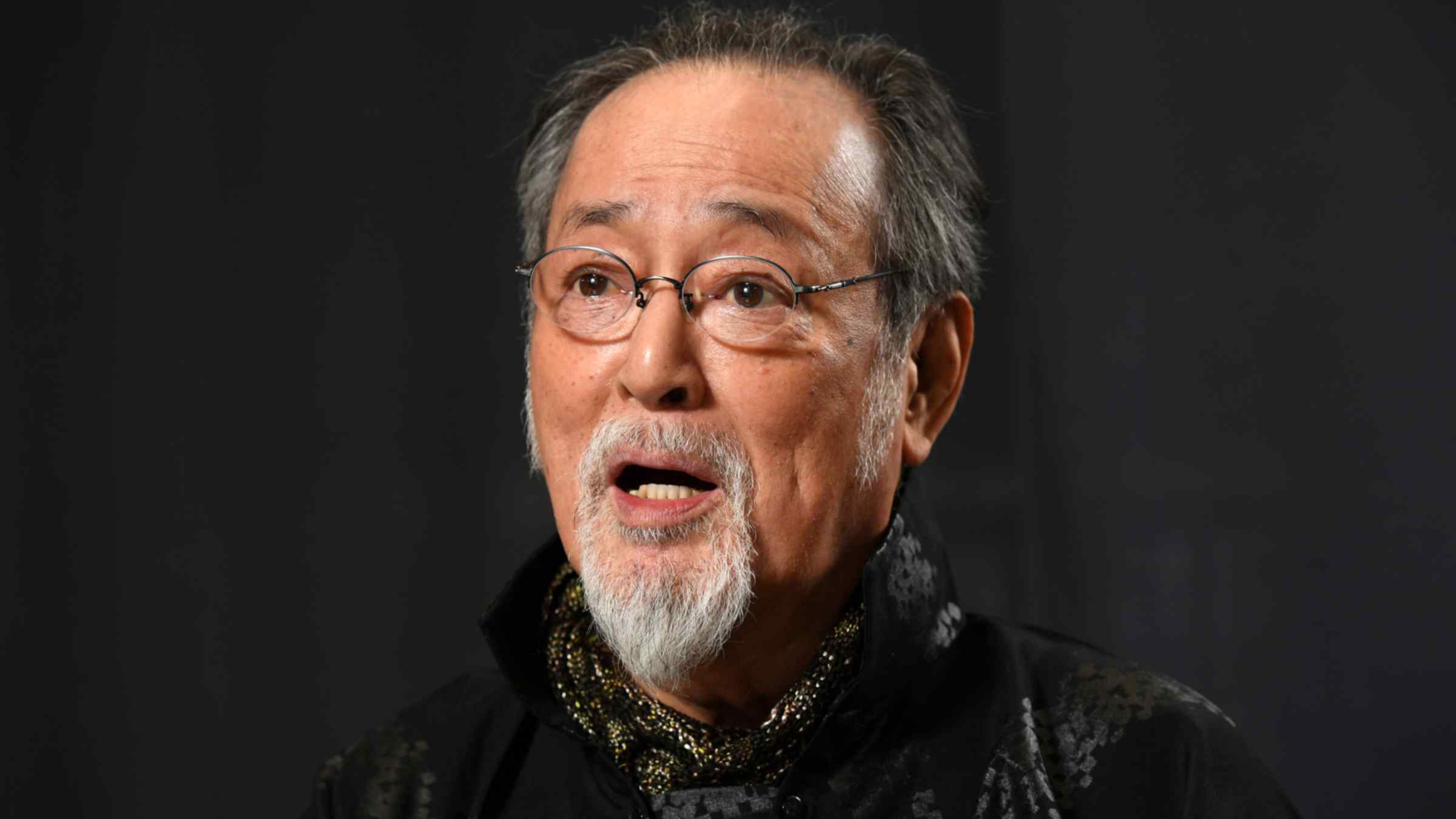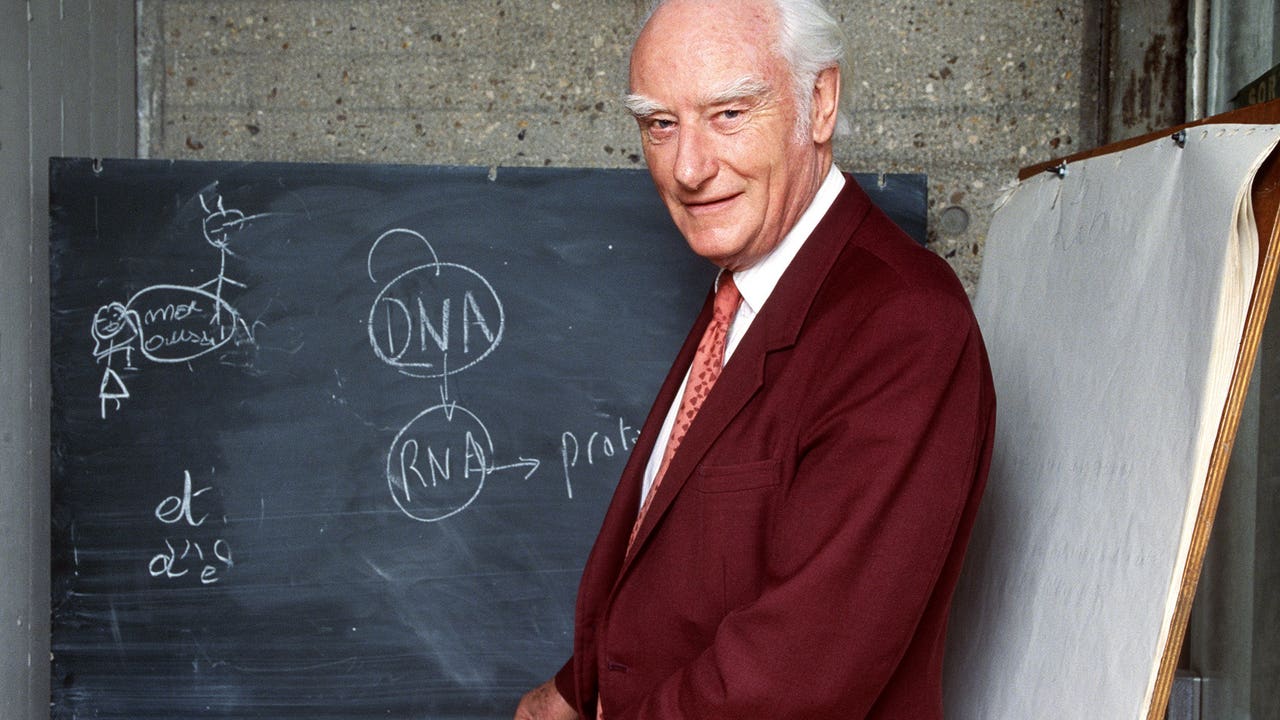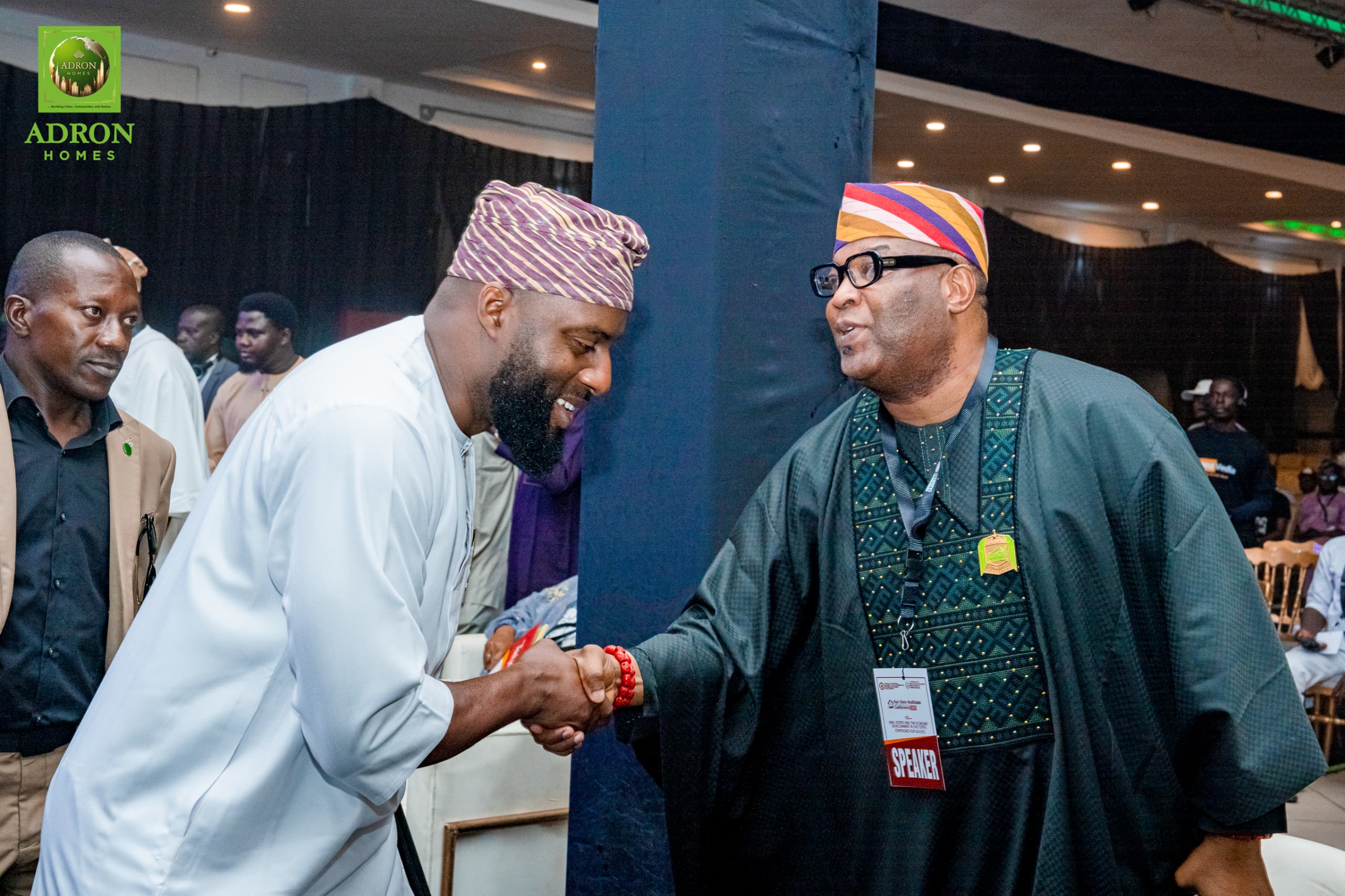Personality in Focus
Ikazoboh Steps in As Dangote Retires from Cement Coy

Africa’s richest man and founder of Dangote Cement Plc, Alhaji Aliko Dangote, has announced his retirement as a Director and the Chairman of the Board of Directors from July 25, 2025.
He is relinquishing his position as chairman and retiring from the board to focus more attention on the Refinery, Petrochemicals, Fertilizer and Government Relations.
The board of Dangote Cement Plc announced the appointment of Emmanuel Ikazoboh, an Independent Non-executive Director, as the new Chairman, Board of Directors.
Hajiya Mariya Aliko Dangote was also appointed to the Board of Directors of the Company while Prof. Dorothy Ufot retired from the Board.
Reputed as Africa’s leading investor, Aliko Dangote leaves giant footprints as he retires from the board.
His vision and tenacity redefined not just a company, but the entire cement industry landscape by becoming Africa’s largest cement producer and largest exporter of cement and clinker in sub-Saharan Africa.
Aliko Dangote’s journey with cement began with a bold dream: to make Nigeria and Africa self-sufficient in cement production.
Through strategic investments in state-of-the-art plants, and a commitment to local content, he not only met that goal but exceeded it.
Dangote Cement Plc has 52.0Mta capacity across African continent with Nigeria accounting for 35.25Mta. Currently, additional greenfield plants are coming up in Cote Ivoire (3.0Mta) and Itori, Nigeria (6.0 Mta) and on completion this year will push total capacity to 61.0Mta.
Under his leadership, Dangote Cement Plc recorded the highest revenue and Earnings Before Interest, Taxes, Depreciation, and Amortization (EBITDA) in the history of the company.
According to the unaudited results for the six months ending June 30, 2025, the group revenue went up by 17.7 percent, from N1,760 billion at the same period in 2024 to N2,071.6 billion, representing the highest revenue in the history of the company.
Ikazoboh, in his acceptance speech, said he is truly honored to accept the role of Chairman of Dangote Cement Plc while pledging to uphold the highest standards of leadership and dedication in this role.
He described the company as a beacon of African enterprise, which has consistently demonstrated resilience, innovation, and a commitment to excellence.
Giving an insight into what his tenure holds for the company, he said: “My vision for Dangote Cement Plc is built upon a foundation of sustainable growth, operational efficiency, and unwavering commitment to our core values.
“We will continue to focus on the following key priorities, Operational Excellence, Strategic Expansion, Sustainability, Innovation and Community Engagement.”
Ikazoboh was the Group Chairman of Ecobank Transnational Inc., the Pan-African banking group. He started his professional career at Akintola Williams Deloitte.
He first became the Managing Partner for francophone offices in Cameroon and Côte d’Ivoire and later became the Managing Partner of the Deloitte firm in West and Central Africa until 2009.
In 2010 he was appointed by the Securities and Exchange (SEC) as an Interim Administrator to carry out capital market reforms of the Nigerian Stock Exchange (NSE) and the Central Securities Clearing System (CSCS) Plc.
Personality in Focus
Veteran Japanese Actor, Tatsuya Nakadai, Dies at 92

Japanese stage and film actor Tatsuya Nakadai, who starred in a string of Akira Kurosawa classics, including the lead role in Ran, has died at the age of 92, his acting school announced on Tuesday.
Nakadai first rose to fame in Japan and internationally under director Masaki Kobayashi, who cast him in his epic anti-war trilogy The Human Condition in the late 1950s and early 1960s.
His acting school, Mumeijuku, did not disclose when Nakadai died or provide further details.
Nakadai had a walk-on role in Kurosawa’s 1954 classic Seven Samurai, but later effectively replaced Toshiro Mifune as the famed director’s leading man after Mifune went his own way.
He played the main protagonist in Kurosawa’s Kagemusha (1980), which won the Palme d’Or, the top prize at the Cannes Film Festival.
Nakadai also portrayed the doomed warlord who divides his kingdom among his sons in Ran (1985), Kurosawa’s adaptation of Shakespeare’s King Lear.
One of his former students, Koji Yakusho, won Best Actor at the 2023 Cannes Film Festival for his role in Wim Wenders’ Perfect Days.
Nakadai continued performing until recently, appearing this year at a theatre in the Noto region, which was still recovering from a deadly earthquake that struck on New Year’s Day last year.
AFP
Personality in Focus
Brain Behind Discovery of DNA, James Watson Dies at 97

American scientist, James Watson, one of the co-discoverers of the structure of deoxyribonucleic acid (DNA), has died at the age of 97.
Watson, alongside Francis Crick, identified the double-helix structure of DNA in 1953, a discovery that transformed biology and medicine. Their work, which revealed how genetic information is stored and transmitted, earned them and Maurice Wilkins the 1962 Nobel Prize in Physiology or Medicine.
“We have discovered the secret of life,” they said at the time.
His death was confirmed by the Cold Spring Harbor Laboratory (CSHL) in New York, where he spent much of his career. Watson led the institution for decades before stepping down as chancellor following controversy over his remarks on race and sex.
Watson’s reputation declined sharply after comments he made suggesting genetic differences in intelligence between races. In a 2007 interview with The Times, he said he was “inherently gloomy about the prospect of Africa”, adding that “all our social policies are based on the fact that their intelligence is the same as ours whereas all the testing says not really.”
He later apologised “unreservedly”, but the remarks cost him his position at CSHL. In 2019, further comments linking race and intelligence prompted the lab to strip him of his remaining honorary titles. “Dr. Watson’s statements are reprehensible, unsupported by science,” the laboratory said in a statement.
DNA was first discovered in 1869, but its role as the genetic material in cells wasn’t confirmed until 1943. The molecule’s structure remained unknown until Watson and Crick built their model, using X-ray images produced by Rosalind Franklin at King’s College London images reportedly obtained without her consent.
Though Franklin died in 1958, she is now widely credited for her crucial role in solving the DNA structure. At the time, however, her contributions were largely overlooked.
Watson also drew criticism for sexist remarks in his 1968 memoir The Double Helix, where he commented on Franklin’s appearance. Despite this, some former colleagues noted that he supported women scientists at Harvard in the 1950s and 60s, when few others did.
In 2014, feeling isolated from the scientific community, Watson sold his Nobel medal for $4.8 million. The Russian buyer later returned it to him.
Born in Chicago in April 1928, Watson was the son of Jean and James Watson, descendants of English, Scottish, and Irish settlers. A gifted student, he entered the University of Chicago at 15, where he became interested in X-ray diffraction, a key technique in revealing atomic structures.
Watson later studied at Cambridge University, where he met Crick and began building models of DNA. After their discovery, he joined Harvard University as a biology professor.
He and his wife, Elizabeth, had two sons. One was diagnosed with schizophrenia, inspiring Watson to continue research into the genetic basis of mental illness.
In 1968, he became director of Cold Spring Harbor Laboratory, transforming it into a leading global centre for molecular biology research, the same institution that later confirmed his death.
Personality in Focus
Aare EmmanuelKing Hails Oyo’s Real Estate Reforms, Urges Policy Continuity

The Chairman and Chief Executive Officer of Adron Group, Aare Adetola Emmanuelking, KOF, has commended the Oyo State Government for its bold reforms in the real estate sector, describing the state as a land of “history, enterprise, and endless possibilities.”
Aare Adetola remarked while delivering a goodwill message titled “The Real Estate Called Oyo State” at the 2025 Oyo State Real Estate Conference, held in Ibadan.
The event, themed “Real Estate and Economic Development in Oyo State: Strategies for Success,” brought together top real estate developers, government officials, and investors to discuss strategies for improving housing delivery and driving economic growth in the state.
Organised by the Office of the Special Adviser to the Governor on Housing and Urban Development in collaboration with the Real Estate Developers Association of Nigeria (REDAN), the conference highlighted the need for policy stability, public-private partnerships, and innovation in real estate development.
In his address, the Speaker of the Oyo State House of Assembly, Rt. Hon. Adebo Ogundoyin, reaffirmed the government’s commitment to transparency and investor confidence through the digitalisation of land records (OYOGIS), improved urban planning, and major infrastructure upgrades across the state.
He also cited the passage of the Oyo State Land Control and Administration Bill, 2023, and the establishment of the Anti-Land Grabbing Task Force as key reforms curbing land disputes and promoting sustainable property ownership. Ogundoyin praised major developers such as Adron Homes and MKH Properties for their role in boosting investor trust in the Oyo property market.
In his goodwill message, Aare Adetola Emmanuelking applauded the administration of Governor Seyi Makinde, FNSE, for maintaining consistency in land policies and governance structures, which he said had continued to attract serious investors to Oyo State.
He recalled that Adron Homes made its foray into Ibadan nearly a decade ago based on the state’s stable policy environment, a decision that has since yielded impressive results. He, however, urged the state government and future administrations to ensure policy continuity, warning that inconsistency could derail the progress already achieved.
The conference ended with a collective resolve by stakeholders to deepen collaboration between the public and private sectors, strengthen regulatory transparency, and create a business environment that will make Oyo State a model for real estate investment in Nigeria.






